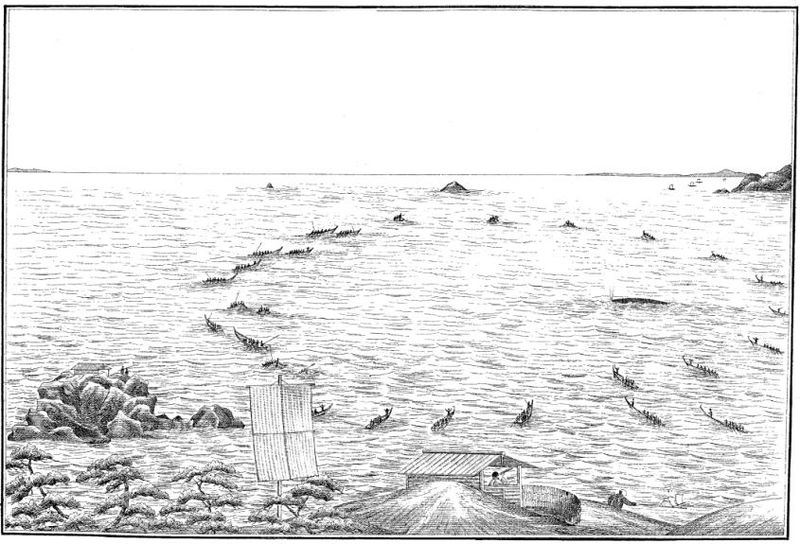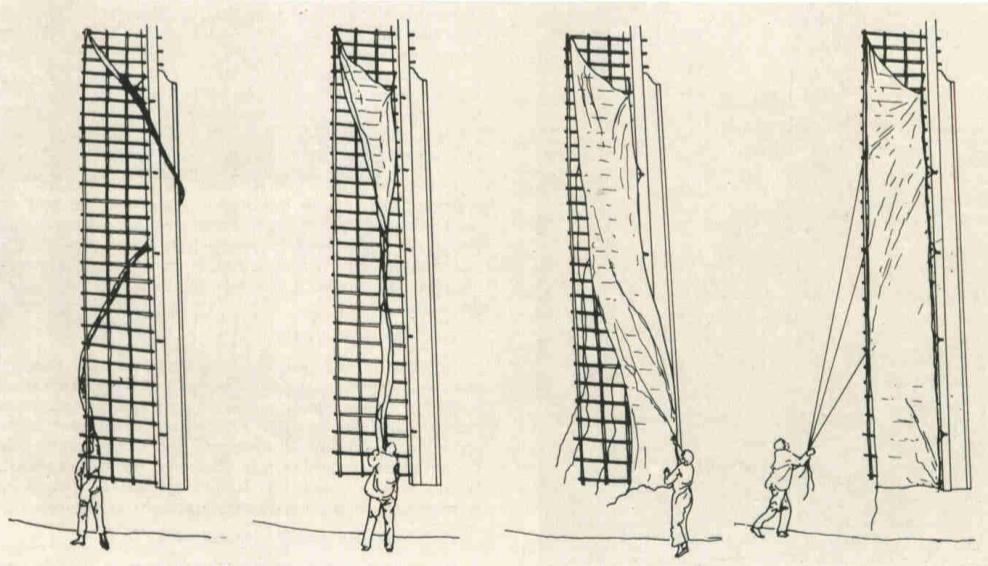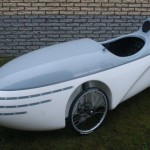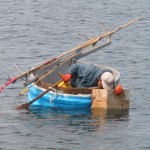Makezine points to this printable poster that displays all the different bolts and nuts and connectors along with their official names (and instructions on how and when to use them). All bolts – except for the Pentalobe screw (more).
UK Lawmakers Call for Energy Rationing with Personal Fuel Quotas
“TEQs (Tradable Energy Quotas) is an electronic system which guarantees reductions in a nation’s use of fossil fuels, and involves energy users and communities in the task of working out how to achieve this in the light of local conditions and opportunities.” Media coverage / UK report / Book / Website.
Low-Tech Whale Hunting in Japan, pre-1900s
“Pêcherie de baleines (départ des canots) à Ikézouki, Nagasaki”. Source: Histoire de l’industrie de la pêche maritime et fluviale au Japon, 1900. Original at CNUM.
Solar Box Cookers Only Work When the Sun is Shining – So What?
“By now, I suspect, some of my more skeptical readers will doubtless be jumping up and down, eager to point out that solar cookers aren’t viable everywhere, and only work when the sun’s shining. This is of course true, but it’s also beside the point. Nothing in the appropriate technology toolkit is suited to every context – that’s one of the implications of that word “appropriate,” after all – and nothing ever again in human history will provide our species with the kind of instant, context-free torrent of energy we now get from fossil fuels. Once those are gone, the entire approach to technology that’s built on the assumption of abundant, highly concentrated, highly portable energy supplies goes whistling down the wind, and the approaches – in the plural – that will replace it are going to be less convenient, less portable, and less capable of ignoring the rest of the cosmos than what we’re used to”. Read at the Archdruid Report + solar cooker plans.









